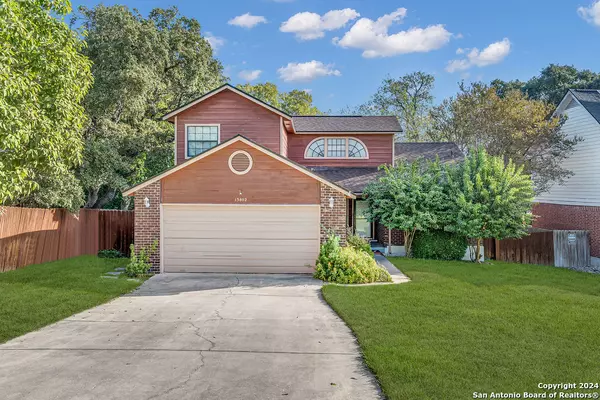Understanding Real Estate Commissions
Navigating the world of real estate can be a complex endeavor, especially when it comes to understanding commissions. Whether you are buying or selling a home, knowing how commissions work can significantly impact your financial decisions. Let's break down how real estate commissions affect buyers, sellers, and even the neighborhood.
### Buyers
For buyers, the good news is that you typically don't pay the real estate commission directly. The commission is usually paid by the seller out of the proceeds from the sale of the home. This means that as a buyer, you can take advantage of a real estate agent's expertise without having to worry about an additional out-of-pocket expense for their services. However, it's essential to understand that this does not make the commission any less significant. The cost is often factored into the home's asking price, which could influence your overall budget.
### Sellers
Sellers are usually responsible for paying the real estate commission, which is generally a percentage of the home's sale price. This fee is divided between the seller's agent and the buyer's agent. The standard rate varies but typically hovers around 5-6% of the final sale price. For example, if your home sells for $300,000 and the agreed-upon commission rate is 6%, you would owe $18,000 in commissions.
While this may seem like a substantial amount, it's crucial to consider what you're getting in return. A skilled real estate agent will market your property effectively, negotiate on your behalf, and guide you through complex paperwork and procedures. All these services can help you sell your home faster and potentially at a higher price than you might achieve on your own.
### Neighborhood
Real estate commissions can also have an indirect impact on neighborhoods. When agents are motivated by commissions, they may work harder to ensure homes in a particular area sell quickly and at competitive prices. This can contribute to maintaining or even increasing property values in a neighborhood over time.
Moreover, agents who specialize in certain neighborhoods often become local experts. They know what buyers are looking for and can highlight features that make a community appealing—whether it's excellent schools, convenient public transportation, or unique local amenities. Their expertise can help attract more prospective buyers to an area, further boosting property values.
However, it's also worth noting that high commission rates could potentially deter some sellers from putting their homes on the market or lead them to attempt selling without an agent (FSBO - For Sale By Owner). While FSBO might save money on commissions, it often lacks the professional marketing and negotiation skills an experienced agent brings to the table.
### Conclusion
Understanding real estate commissions is crucial whether you're buying or selling a home. Buyers benefit from not having to pay these fees directly but should be aware that they are indirectly part of the transaction cost. Sellers need to weigh the cost of commissions against the value provided by professional agents who can help them achieve better sales outcomes. Lastly, neighborhoods benefit from active real estate markets driven by motivated agents who work hard to maintain or increase property values.
By being informed about how commissions work, you can make more educated decisions and navigate your real estate journey with greater confidence.
Categories
Recent Posts










